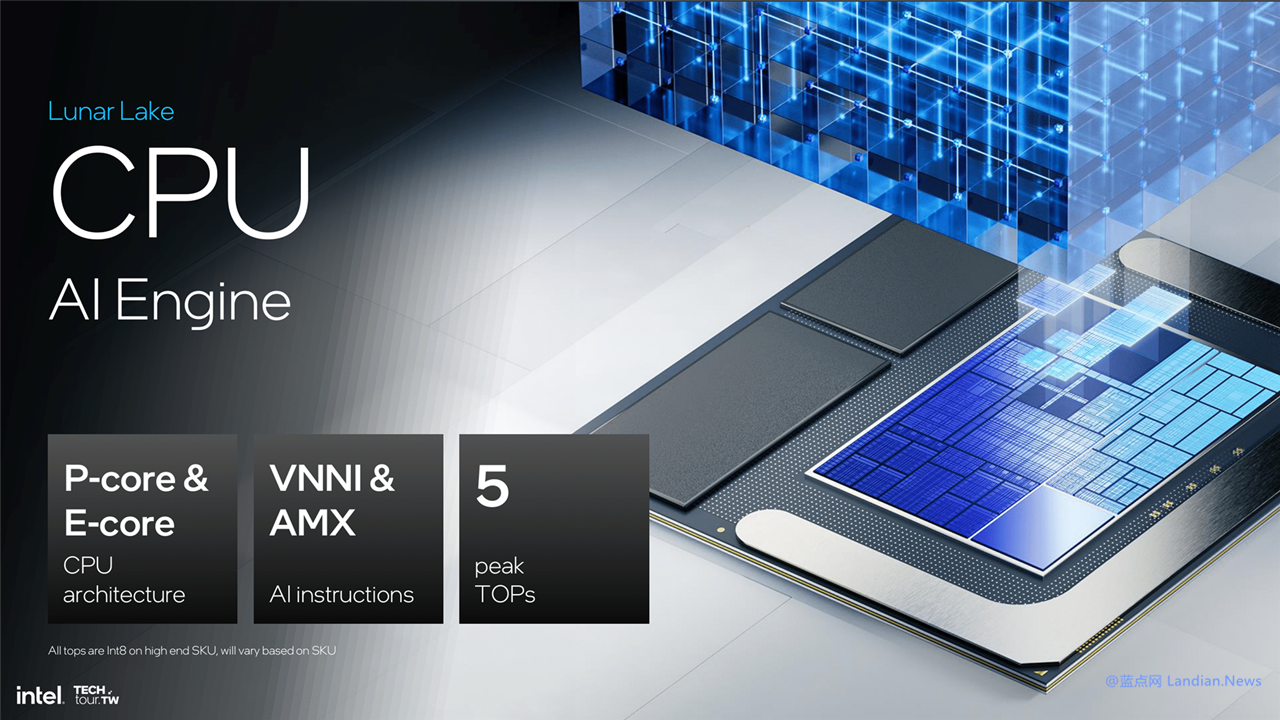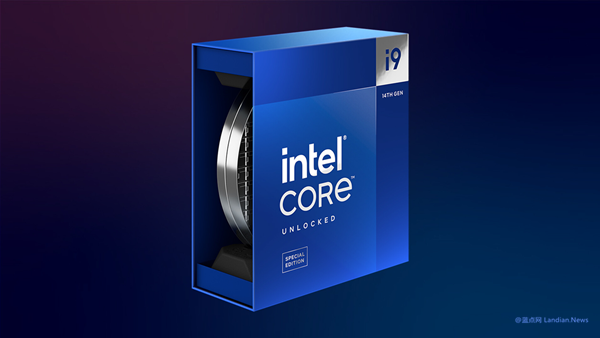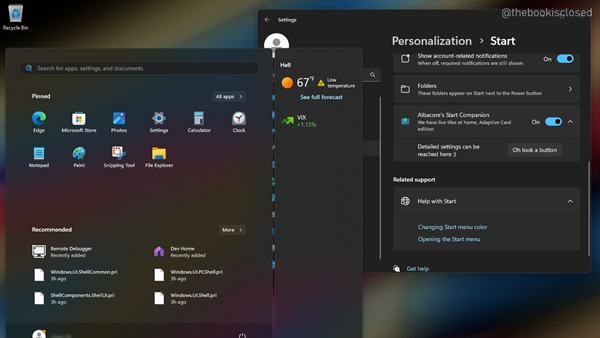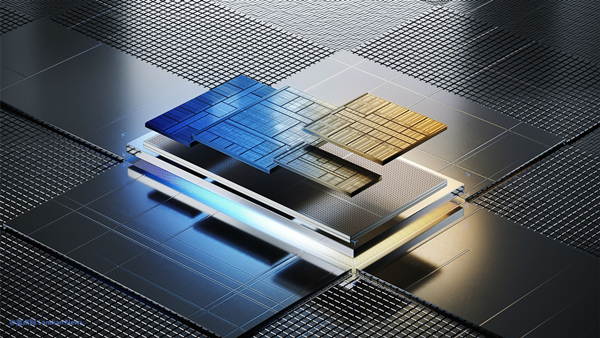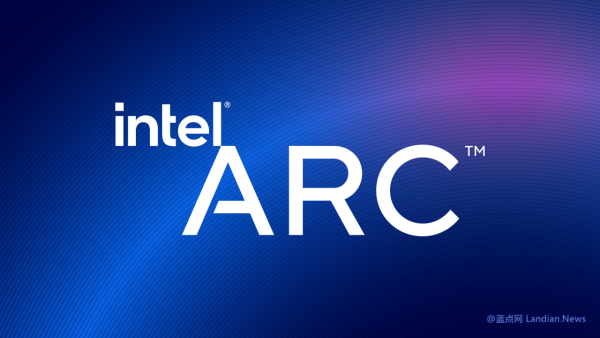Intel's Lunar Lake: Redefining Efficiency with Soldered Memory in AI Processors
Intel's latest release, the Lunar Lake series, is an AI processor designed specifically for notebooks and tablets. Despite being built on the x86 architecture, these processors prioritize energy efficiency, utilizing a 4P+4E core configuration without support for hyper-threading.
A notable feature of the Lunar Lake mobile processors is their approach to memory integration. Contrary to the common perception of soldered memory, these processors actually incorporate memory modules directly into the chip, making user replacements of memory chips/modules impossible.
This design decision requires users to choose their desired memory capacity—either 16GB or 32GB of LPDDR5X memory—at the time of purchase. Opting for the 32GB version is likely to increase the device's price significantly, as OEMs are expected to mark up the cost.
Intel's rationale behind opting for soldered memory is centered on enhancing energy efficiency. Typically, the CPU communicates with the motherboard before interacting with the memory, a process that not only introduces latency but also consumes more energy. By integrating the memory into the processor, both communication latency and energy consumption are significantly reduced, thereby improving performance and reducing power usage.
This integration eliminates the need for memory slots on the motherboard, which can lead to improved motherboard design, such as smaller sizes or better heat dissipation.
The downside is that users are unable to upgrade memory modules themselves. Essentially, the only option for a memory upgrade would be to replace the entire processor, a cost much higher than replacing memory.
According to Intel, the new Lunar Lake series processors offer a 60% improvement in battery life, a 14% increase in CPU performance, and a 50% boost in GPU performance over previous generations.
Additionally, the integration of an NPU unit delivering up to 48 TOPS of computing performance necessitated a complete redesign of the processor to meet the energy consumption requirements of mobile devices while maximizing battery life.
It's worth noting that Apple also uses soldered memory in its M series chips, a decision that has been criticized for the high cost of memory upgrades, especially when the default configuration is still 8GB in 2024, which is considered too low by today's standards.
For users interested in the option to upgrade memory, Intel's forthcoming Arrow Lake processors will revert to using a traditional memory bus, allowing for memory upgrades.
